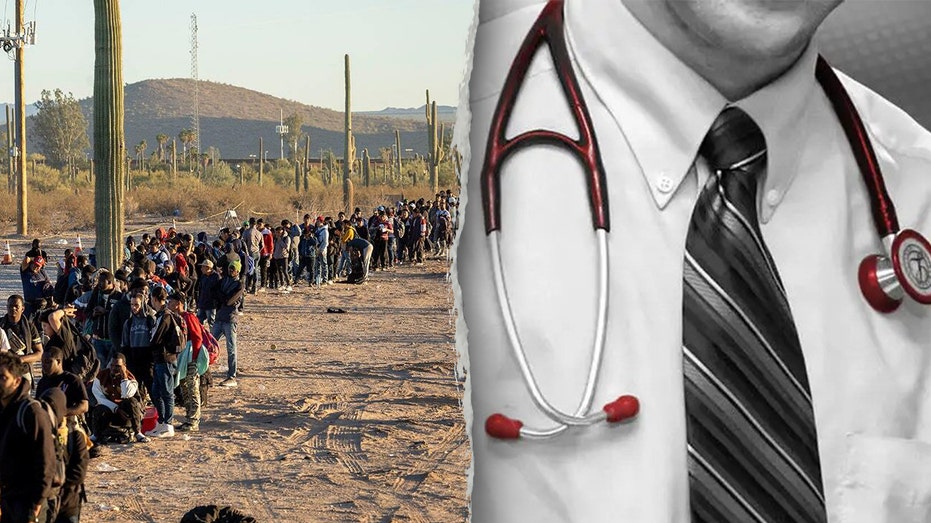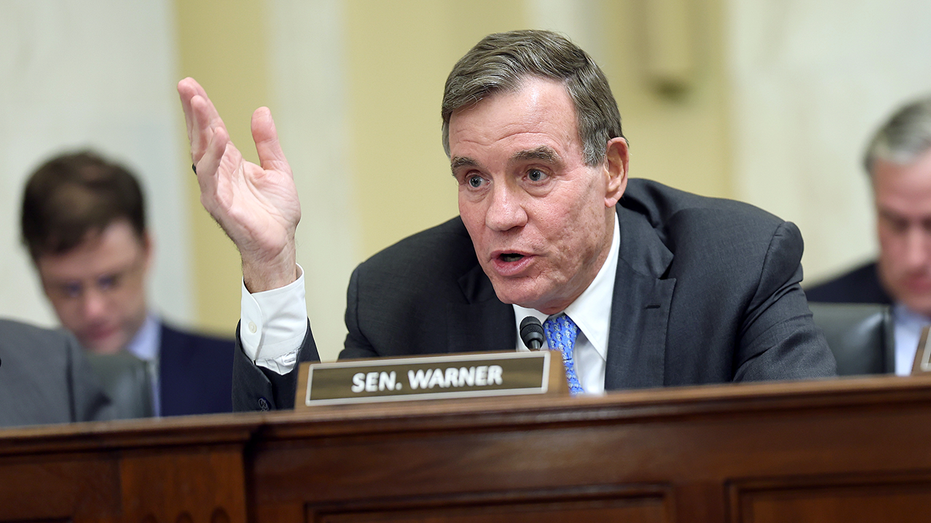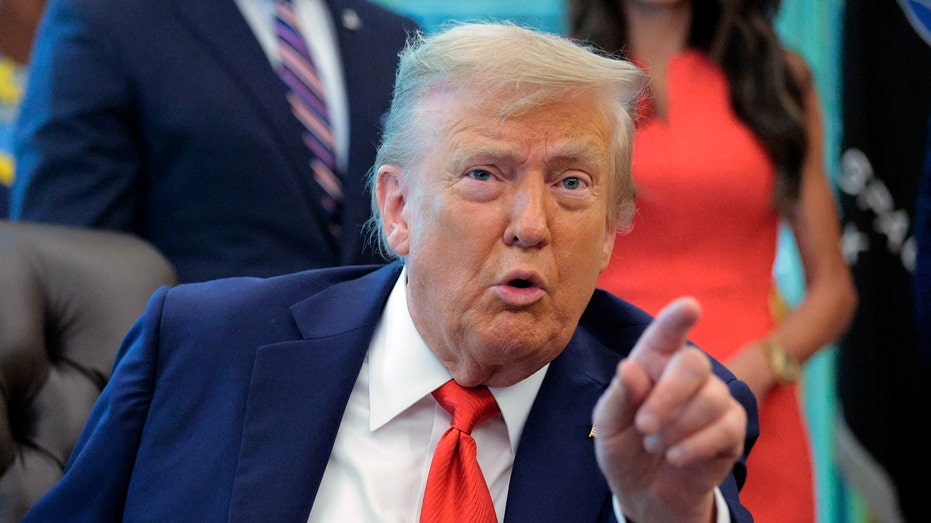A sweeping audit is underway, revealing a potential misuse of over a billion dollars in federal Medicaid funds. The focus: healthcare costs for individuals residing in the country without legal authorization, sparking a fierce debate over the intended purpose of these vital resources.
Preliminary findings point to several states – California, Washington D.C., Illinois, Washington, Colorado, and Oregon – as potentially improperly allocating a combined $1,351,204,127. The core issue centers on whether federal dollars, legally restricted from covering non-citizens, are being diverted through complex financial maneuvers.
Federal law permits Medicaid funds for emergency care regardless of immigration status, and states can use their own tax revenue for broader coverage. However, concerns are mounting that loopholes are being exploited to provide comprehensive healthcare benefits using federal matching funds, effectively shifting the cost to taxpayers nationwide.
The audit’s scrutiny is particularly intense on California, which allegedly accounted for over $1 billion of the questioned spending. Illinois and Oregon also face significant findings, with nearly $30 million and $5.5 million respectively flagged for potential misuse.
Officials in California vehemently deny any wrongdoing, dismissing claims of improper fund allocation as politically motivated. They maintain adherence to federal guidelines, but critics argue a sophisticated “provider tax” system is being used to draw down matching federal dollars that ultimately subsidize healthcare for undocumented individuals.
Experts suggest states are leveraging provisions intended for emergency care to cover a wider range of services, blurring the lines of legal compliance. The sheer scale of Medicaid funding – the largest federal contribution to states – makes it a prime target for creative accounting, they warn.
Adding a deeply unsettling dimension to the controversy, attention is being drawn to cases where Medicaid funds may have been used to provide healthcare to individuals with violent criminal histories. This revelation has ignited outrage and fueled calls for stricter oversight.
Examples highlighted include individuals convicted of crimes like exposing themselves to minors, vehicular manslaughter resulting in death, attempted murder, and even child rape. The revelation that taxpayer dollars potentially supported the healthcare of these individuals has intensified the ethical and legal questions surrounding the alleged misuse of funds.
The debate extends beyond financial concerns, raising fundamental questions about priorities and the allocation of limited resources. Advocates for reform argue that every dollar misspent on ineligible recipients is a dollar diverted from vulnerable American citizens in genuine need of care.
The audit is ongoing, and the findings could lead to significant financial repercussions for the states involved, as well as a broader reevaluation of Medicaid funding mechanisms and oversight procedures. The implications of this investigation are far-reaching, potentially reshaping the landscape of healthcare funding for years to come.






